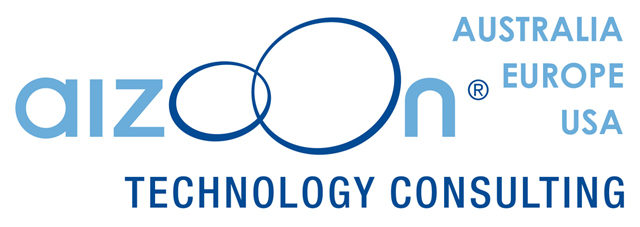Throughout modern history, few people have had such far-reaching impact in alerting the general populace of the more shrouded and controversial goings-on of our custodians of law, order, civility and society.
Indice degli argomenti
William Binney, former NSA Technical Director turned whistle-blower
Time is a fickle, wondrous illusion, and when the control of a particular narrative is stalwart, even the most significant events can and will oft slip into vaporous annals of forgotten bygones. Some events and people, however, remain a thorn in the proverbial backside of an institution – enough to tip the scales toward a more open, honest conversation with the citizenry.
Our first podcast of this side of the European summer is with William Binney, who stands among a handful of whistle-blowers in the defence and intelligence arena who have managed to impact the external narrative as a result of their actions.
Bill resigned as the Technical Leader with the United States National Security Agency (NSA) in 2001. During and after his time at the agency, he was a staunch critic of both the Bush and Obama administrations’ stance on data collection.
Bill brings in a unique and eye-opening perspective on what he argues is unconstitutional practice. The flaccid protections afforded by the internal whistleblowing function of the DoD prompted a reaction – FBI raids, indictments… the works. In fact, it was the punitive treatment of Bill and his fellow whistleblowers that prompted Edward Snowden to go public with his revelations rather than rely on the internal whistleblower function in place.
This is a conversation with a man who served the mission of the United States for three decades and then was spat out and continues to be stomped on due to his refusal to capitulate to unconstitutional actions of the state.
What is evident is that years of persecution, courts and reputation destruction have not stopped Bill’s combative spirit. There were some parts of his narrative, however, where I felt we were drifting away from previously verifiable and egregious examples of public-trust breach, intelligence disinformation and smoke screens to the murkier waters of conspiracy theory overload. I felt I was on unsure footing during our closing discussion regarding climate change and side with the official narrative, and my thermostat, in that argument. However, it was a great conversation that I thoroughly enjoyed, and I am certain you will too.
The Secure in Mind Project
Our mission is to greatly increase and encourage community discussion about technological and ethical issues that have done, are and will impact society on a global scale.
There is a longstanding and distinct disconnect between the way information is packaged and presented to the public and the effectiveness of this presentation in terms of generating informed, considered debate.
If we can take complex, important topics and present them, as best we can, in a manner that can interests people from outside the speciality, then we have surpassed our expectations.
Nick Kelly Bio
Nick is someone who, in many senses, is just like you: a human being trying to make sense of this existence of ours as we hurtle around a ball of gas in a sea of infinite eternity. More relevant though are his vacillations in the world amongst diverse countries and environments, collaborating, negotiating, elaborating and celebrating with fascinating people from all walks of life including politics, technology, activism, military and intelligence the world over.
He brings this unique breadth of perspective to the table and has a dogged interest in pursuing the human story behind the title or policy, appreciating the fact that underneath all of our bravado, political correctness and dichotomous states of creation and destruction, we are, after all, merely mortals trying to make the best of it.
Credits
The production cost of this episode of ‘Secure in Mind’ was supported by aizoOn Technology Consulting.
aizoOn is a global technology consulting company focused on innovation. Since the digital economy requires new visions, technologies and organisational models, we have taken the eco-system approach. Through this attitude, innovation happens through a co-creation process involving government agencies, individuals, public and private entities.
What this boils down to is that we use data and brains to drastically increase efficiencies, reduce waste, consolidate technology security and cyber postures and train the next generation of the top tech force.
If you want to passively and effectively identify hackers in your network, require project management on your space programme or even need a chemical scientist to solve a supply chain issue in your bottling plant, give us a call!








































































